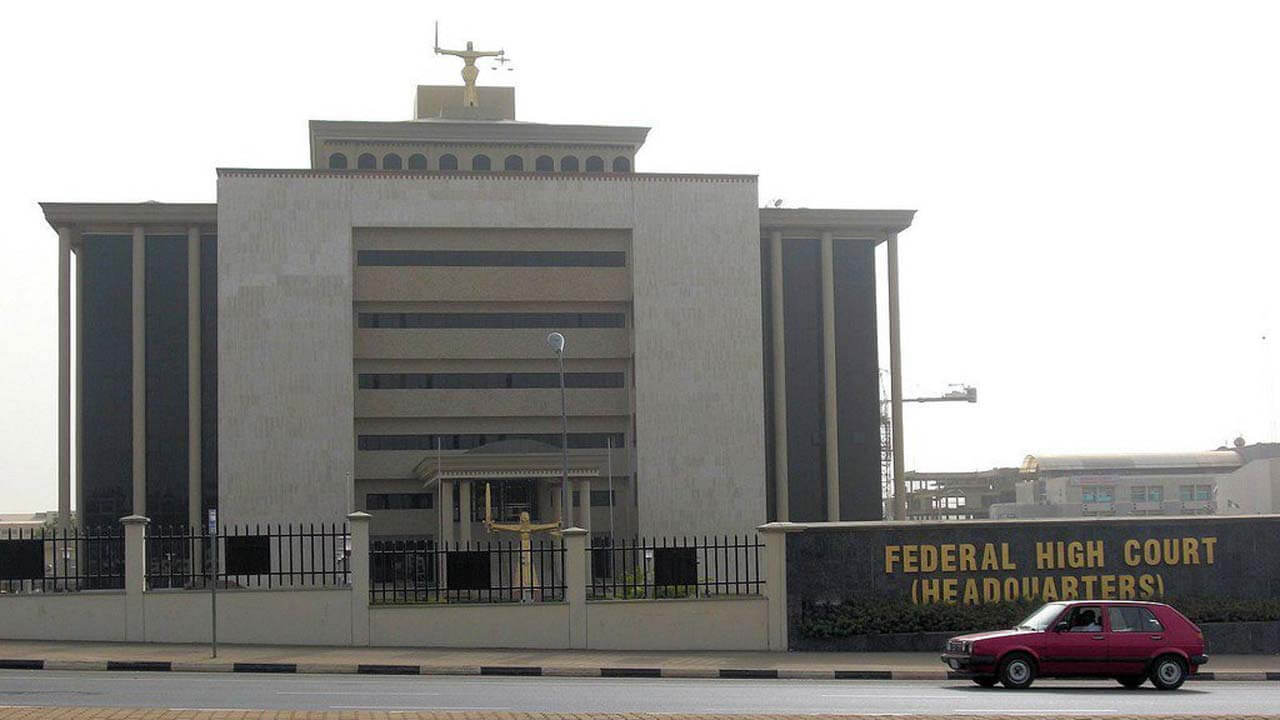A constitutional crisis is brewing in the Federal High Court, Federal Capital Territory, as there is no administrative head following the expiration of the three months acting period of Justice Abdu Kafarati.
Justice Kafarati’s tenure expired on March 16 having being appointed in acting capacity on September 16, 2017, to act as Chief Judge for three months.
Advertisement
Judiciary watchers had hoped that President Muhammadu Buhari should have either confirmed the appointment of Justice Kafarati as substantive Chief Judge or appointed someone to the position.
Fearing the possibility of a lacuna, the Senate had, last week, called on the president to forward the nomination of Justice Kafarati to it for approval as substantive CJ of the Federal High Court to avoid a constitutional crisis.
“The time to do the needful by the executive is fast running out. “Once the Presidency forwards his name to this chamber, his confirmation or approval will be made in dispatch to avoid a crisis,” Senate President Bukola Saraki had said.
Some lawyers have warned that the absence of a CJ could impair the administration of justice, noting that litigants can rely on the absence of a substantive CJ to ask for the instruments or judgement to be quashed at higher courts.
Advertisement
They also noted that Section 250 (4) & (5) was explicit with regards to the appointment of the Chief Judge of the Federal High Court.
This would not be the first time that such a scenario would be encountered. The current Chief Justice of Nigeria, Justice Walter Onnoghen, was appointed by the President on November 10, 2016 as the acting CJN, but it was not until February 7, 2017 that his name was sent to the Senate for confirmation.
He was consequently sworn in as the substantive CJN by the then Acting President Yemi Osinbajo (SAN) on March 7, 2017.
Speaking on the issue, Chief Mike Ahamba (SAN) noted that leaving the court without a CJ was akin to having a state without a governor.
Ahamba said: “It is wrong to appoint the Chief Judge on acting capacity beyond three months. It has to be discouraged for CJs to be appointed to act even for a day. A lot of people behave as if there is no constitution in the country. “The law or the constitution is crystal clear. For a Federal High Court to stay without a CJ is like a state in Nigeria staying without a governor.
Advertisement
“The speaker, for instance, can only act for three months in the absence of substantive state governor, and that is also applicable to a CJ on acting capacity. “The CJ of the Federal High Court can only act for a maximum of three months. We just have to respect the constitution in the interest of peace and harmony in the country.”



